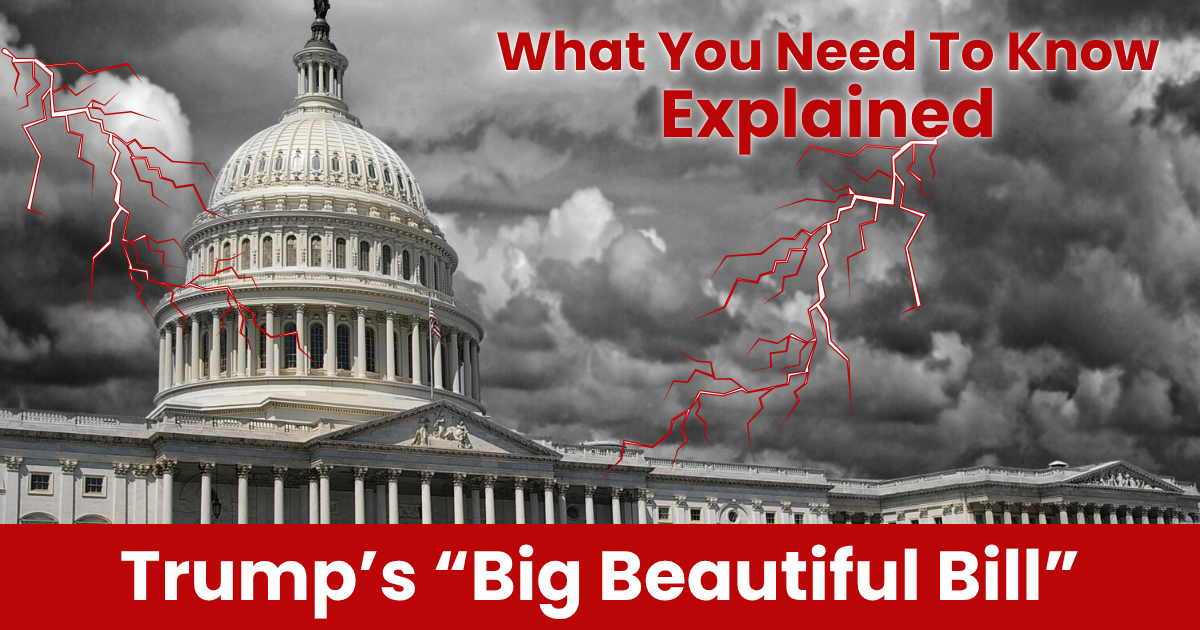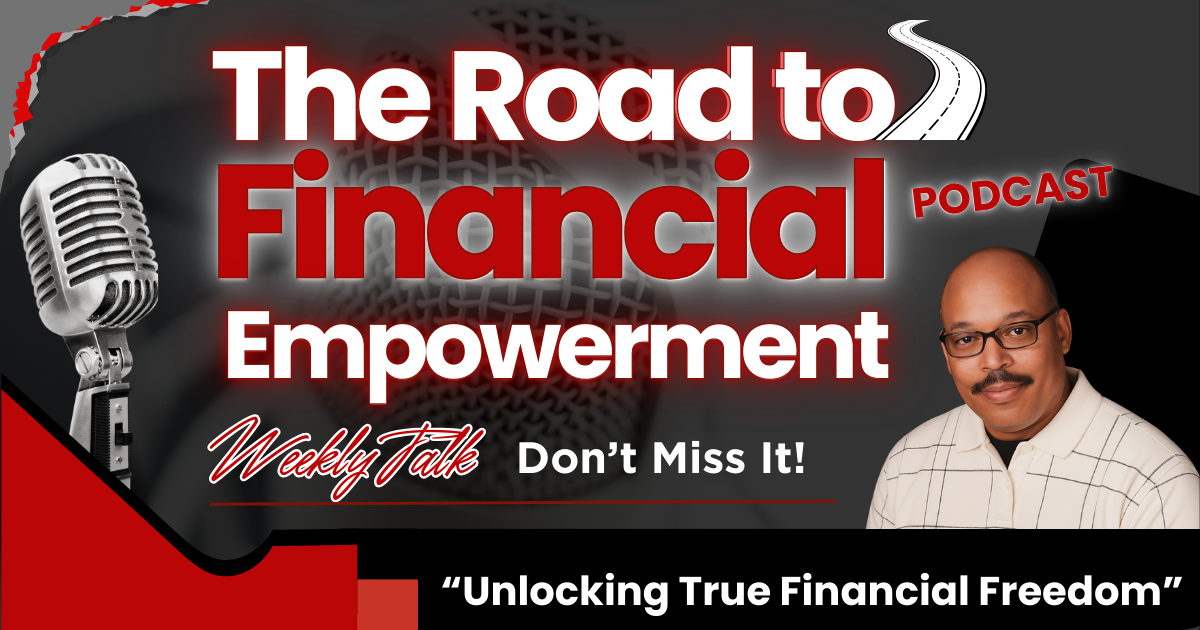Is Your Credit Score in Danger? What Student Loan Wage Garnishment Default Does to Your Future!

Student Loan Wage Garnishment and Your Credit Score
Did you miss a student loan payment? Even one missed payment can trigger a concerning chain reaction for your credit and future, potentially leading to student loan wage garnishment! This means the government could take money directly from your paycheck without a court order if your federal loans default. Don't let default drag you down—understand what happens and how to fight back.
What Happens to Your Credit When Student Loans Default?
Ignoring your student loans can feel like a temporary fix, but the consequences of default are severe and long-lasting, especially for your credit score. When you default on your federal student loans, it means you haven't made payments for 270 days. Once this happens, the entire amount you owe becomes due right away.
The Immediate Impact: Credit Score Crash
The moment your loans go into default, your credit score will drop drastically. People have reported their scores falling from the high 600s to the mid-500s, or even tanking to 540. A bad credit score isn't just a number—it can make it extremely difficult to get approved for a car loan, qualify for a credit card, or secure a rental home, leading to significant financial challenges.
Long-Term Credit Scars: The Debt Doesn't Disappear
Unlike some other debts, federal student loan debt generally doesn't go away. There's typically no statute of limitations, meaning the government can pursue collection efforts for many years, even decades. One person's loans grew from $54,000 to $77,000 due to added charges and interest accruing daily after defaulting. This daily interest can cause your total debt to accumulate much faster.
Like, Comment, Share, and Subscribe to Our Podcast Channel on YouTube
Unlock the full potential of your free MyBudgetReport budgeting app, powered by SPENDiD (Email Only Required)! Offer by Empowering Your Finance.
Beyond Your Credit Score: Other Painful Consequences
The negative impact of default goes far beyond just your credit score:
Wage Garnishment: The government can take money directly from your paycheck. For federal loans, they don't even need a court order. They can garnish up to 15% of your disposable income. You will get at least 30 days' notice before this starts.
- Tax Refund Seizure: Your federal tax refunds can be withheld and put towards your defaulted loan debt. Some people have gone their entire lives without filing a tax return due to defaulted student loans.
- Social Security Garnishment: A portion of your Social Security benefits can be taken, even in retirement.
- Loss of Financial Aid: You become ineligible for new federal student aid if your loans are in default.
- This means you will be unable to receive any new loans or grants to help cover the costs of your education.
- Legal Action: The government can sue you and get a court judgment. A student loan borrower may be unable to sell or buy a house until the debt is paid off.
- Difficulty with Other Loans and Housing: Defaulting on a loan can make it challenging to obtain other types of credit, such as mortgages or credit cards.
Turning the Tide: How to Repair Your Credit After Default
If your loans are in default, it's crucial to act immediately. Don't ignore notices. Here are your options:
Student Loan Rehabilitation: A powerful way to fix your credit. You typically need to make nine on-time, consecutive payments based on your income. Completing rehabilitation will remove the default from your credit report, which can significantly boost your score. However, you typically only have the opportunity to do this once per loan.
- Consolidating Loans: You can combine defaulted federal loans into a new Direct Consolidation Loan. This brings them out of default, but it does NOT remove the default from your credit report; it will stay there for about 7 years.
- Income-Driven Repayment (IDR) Plans: These plans calculate your monthly payment based on your income and family size, making payments more affordable and manageable. Payments can be as low as $5 per month, or even $0 for very low incomes. This helps you avoid default or regain good standing.
- Deferment or Forbearance: These options allow you to temporarily stop or lower your payments if you're facing difficulties, such as returning to school or experiencing financial hardship.
- Discharge Options: In rare cases, such as total disability, school closure, or school fraud, your loan may be forgiven entirely.
Call to Action: Don't wait! If you're struggling or in default, contact your loan servicer right away. You can also visit StudentAid.gov/login to check your loan status and options. If you receive a garnishment notice, you have 30 days to request a hearing to object to the garnishment. Take control of your financial future today!
Conclusion
Defaulting on student loans carries serious consequences for your credit and overall financial health. From damaged credit scores to wage garnishment and tax refund seizure, the government has many ways to collect what's owed. However, there are clear steps you can take to resolve the default and start rebuilding your financial standing. Proactive communication with your loan servicer and utilizing programs like rehabilitation or income-driven repayment are key to avoiding or recovering from default.
Frequently Asked Questions
- How long does a student loan default stay on my credit report? If you go through loan rehabilitation, the default will be removed from your credit history. If you consolidate your defaulted loans without rehabilitation, the default will remain on your credit report for about 7 years.
- Can I get new financial aid if I've defaulted on student loans? You generally become ineligible for new federal financial aid if your loans are in default. You must get your loans back into good standing, often through rehabilitation, to regain eligibility.
- Does federal student loan debt ever truly disappear? For federal student loans, there is typically no statute of limitations, meaning the debt does not simply disappear over time. The government can continue collection efforts until the debt is paid or discharged through specific programs, such as disability discharge.
Resource Links:
- StudentAid.gov/login: Check your federal student loan information.
- StudentAid.gov/repay: Information about managing repayment.
- StudentAid.gov/end-default: Learn about getting out of default.
- StudentAid.gov/consolidation: Information on consolidating your loans.
- StudentAid.gov/deferment-forbearance: Learn about postponing or lowering payments.
- StudentAid.gov/forgiveness: Check eligibility for loan forgiveness.
- U.S. Department of Labor Fact Sheet #30: Details on federal wage garnishment law.
"If you want to thrive in today's economy, you must challenge the status quo and get the financial education necessary to succeed" - Robert Kiyosaki.
Unlock the full potential of your free MyBudgetReport budgeting app, powered by SPENDiD (Email Only Required)! Offer by Empowering Your Finance.
Plan smarter. Live better.
The SPENDiD MyBudgetReport app helps you see what life will actually cost based on your career path, where you want to live, and your household situation. In just minutes, you can simulate your future budget, compare it to your peers, and get a Budget Health Score to guide confident, informed financial choices.
➡No tracking. No guesswork. Just financial clarity before the bills arrive.
👇Breaking Through Financial Barriers!
Empowering Your Finance is the most comprehensive financial empowerment platform, offering a wide range of financial education and planning resources.
🎧Visit Our Full Podcast Website: www.roadtofinancialempowerment.com
🎧 New episodes weekly | 💼 Budgeting | 📈 Saving | 💳 Credit | 👨👩👧 Counseling | 🎓College | 👩💼Retirement | 📊 Investing | Business and Economic News | and more
Visit both of our YouTube channels and subscribe:

"If you found this Student Loan Wage Garnishment and Your Credit Score Update breakdown helpful, could you show your support by subscribing to the newsletter below👇, and sharing this article with your network and friends? Let's grow this community of informed investors together!"










